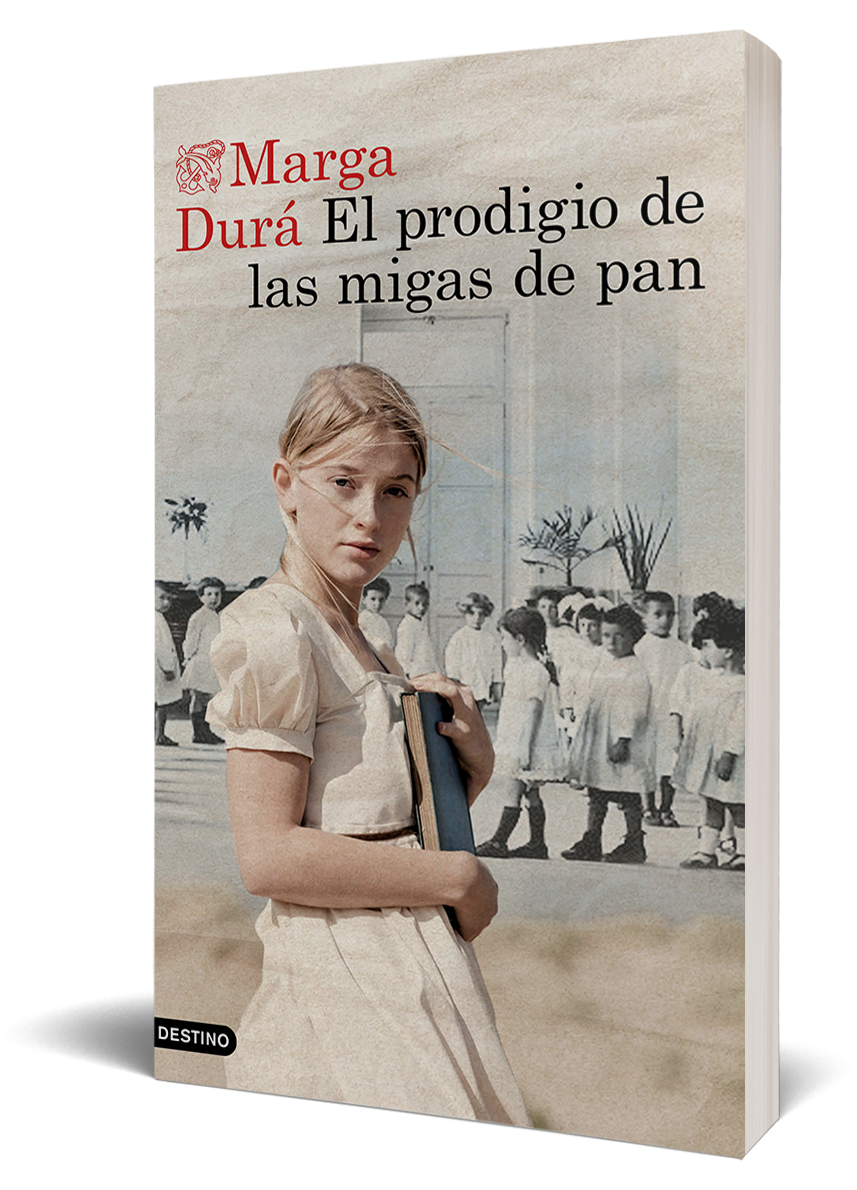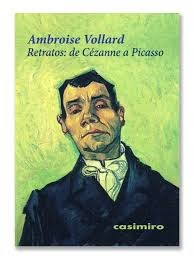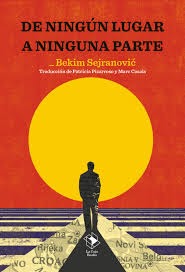
Press release
Marga Durá begins as a novelist with this story of freedom and struggle starring the fictional character of Claudia, Maria Montessori’s assistant at the dawn of 20th century feminism.
A fascinating novel about the most revolutionary pedagogue in history and her achievements as an educator and feminist icon. «My protagonist represents all the teachers to whom I wanted to pay tribute in the book.»
The meeting with María Montessori forever marked the life of Claudia Caralt. Together they taught the children the value of freedom and along the way they had to learn to be free. It was not easy.
While the protagonists of the novel fight to change the world through education, they will find themselves involved in intrigues with surprising twists and in historical events that will lead them to make unexpected decisions and reflect on the dilemmas of motherhood and conciliation in these times. in which women still did not have access to the world of work on equal terms.
«I stopped to think about the expression “give birth.” What if in that act the women gave up the light that was theirs to end up in the shadows? As if only a mother or son or daughter could possess it, as if it were not possible to share it and giving one’s life would also mean losing it a little.
AUTHOR’S NOTE
Marga Durá
«Don’t you think it’s wonderful that these children play with crumbs? In this room there is not a single toy, nothing that they can learn with or feel. And yet, they have found in breadcrumbs a way to experiment, to get to know the world around them. They don’t want them to eat them, they touch them for their touch. Is incredible!”
«The revelation that led to the creation of her method came to Maria Montessori when in the psychiatric hospital she observed how disabled children played with crumbs, without eating them. When I read that detail, my imagination soared. From the crumb appeared the asylum and the relationship between Claudia and the dottoressa. That night I took a crumb, closed my eyes and played with it until I understood how important it had been for the conception of the Montessori method. And I couldn’t resist fictionalizing that precise moment.
The Wonder of the Breadcrumbs does not focus on the story of Maria Montessori but on the group of teachers who supported her. She represents all the teachers to whom I wanted to pay tribute in the book.
They were the champions of a series of social changes that did not only have to do with teaching. They were the first to give up corsets, who used clothes that allowed them to move comfortably, creating the image of a modern woman who broke stereotypes. They traveled alone to rural communities and supported themselves with their meager salaries and food provided by the parents of their students; They earned the respect of men and women for their work and not for the status their husbands conferred on them. “The teachers won rights for women armed with chalk and blackboards.”
A historical novel, not biographical
This story is born from a fascination that Marga Durá felt with the character of Maria Montessori. An impressive and transcendental character because she represented a revolution in the world of education and also for breaking with the roles established for women of the time.
But the author of The Prodigy of Breadcrumbs decided to tell us this story through a more distant perspective than a fictionalized biography would give her. Seeking a vision closer to today’s woman, she created the figure of Montessori’s assistant and confidant, the fictional character of Claudia Caralt, who stars in this story over three decades. In addition, she added plots full of tension that include the kidnapping of children, threats and extortion, based on cases that occurred at the time and that breathe an unstoppable rhythm into the narrative.
«I stole from reality the responsibilities of different assistants that the pedagogue had had and my Claudia began to dance gracefully and uncontrolled by the story. She took me by the hand, immersed me in her time and guided me through unexpected, adrenaline-filled, surprising plots, with unexpected plot twists in which nothing is black or white and in which prejudices fall under their own weight. »
Yesterday and today, the trap of women fighters
Marga Dura moves away from the triumphalist discourse that surrounds this type of characters and tells how Maria Montessori took the blows. The prodigy of the breadcrumbs speaks more about the failures that the famous pedagogue suffered than about her public recognition. The Maria Montessori of this novel does not confront injustices face to face, but rather she takes shortcuts. That is the spirit of the women who appear in the novel.
«This is not a group of break-and-tear women who decided to stand up to injustice and change the world, but rather people who continued with their work, adapted to the irregularities of the path and thus, almost without intending to, changed a small but essential part of society. They went from the specific (a few children) to the general (teaching). And they transcended without intending it.
Thus, the author achieves a novel whose reading, page after page, you delve into the struggle of women who wanted to be something more than what was expected of them, women who longed for the freedom to make a place for themselves in the world. At the same time, she reflects on current topics such as the chiaroscuros of motherhood, the personal and professional fulfillment of women and, of course, education as the indispensable backbone of any social revolution. All of this immersed in a fast-paced and addictive plot, full of unexpected situations and surprising outcomes.
The precursor of family conciliation
After arduous documentation work, Marga Durá felt the need to construct a story that spoke about Montessori and all women, without judging or justifying. Her journalistic training led her to rigorously compile historical data, which became a true obsession. But it wasn’t enough to get where she wanted to go. «It was not enough for me to know what happened, I needed to somehow recreate it, live it, feel it… and share it. Because the dilemma faced by a woman who was born one hundred and one years before me was the one that my friends and a servant continue to experience: deciding between a professional career and motherhood, as happened to the dottoressa. There was something universal in all that tidal wave of information that touched me closely.
In short, this novel full of action and unexpected twists deals with the female condition, the dilemmas of motherhood and the portrait of two women who will dare to claim their role in the world.
Source: https://algunoslibrosbuenos.com/el-prodigio-de-las-migas-de-pan


